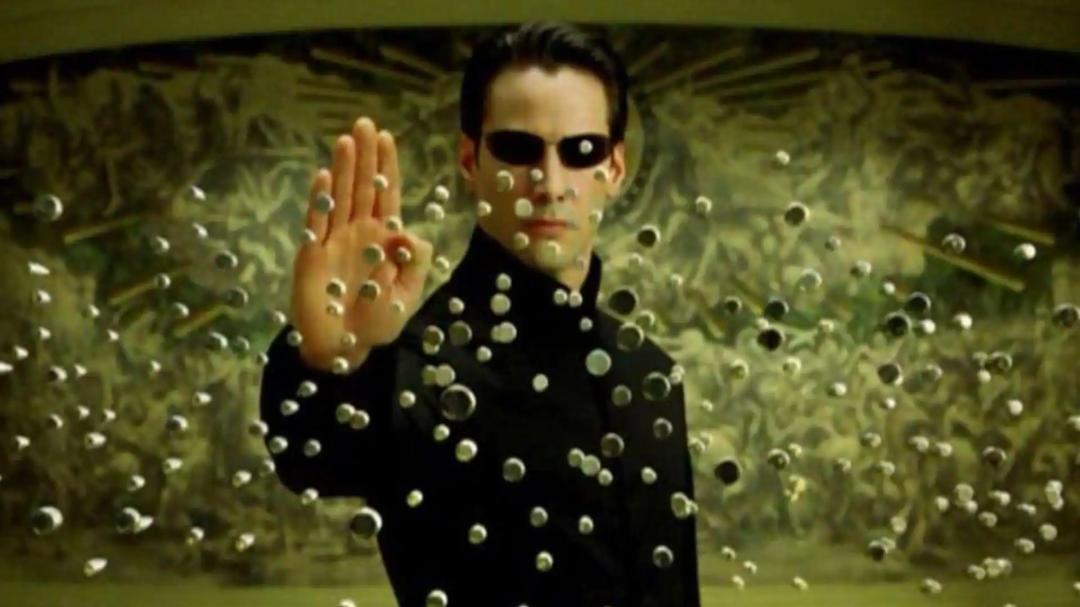
Physicists prove universe isn’t a computer simulation like in ‘The Matrix’
The idea that our universe is a computer simulation, popularized by the iconic movie “The Matrix,” has been a topic of debate among scientists and philosophers for years. However, physicists from the University of British Columbia Okanagan (UBCO) have now mathematically proved that this concept is nothing more than a myth. According to a recent press release, the researchers have demonstrated that the universe is not a simulation created by a powerful computer, but rather it is built on a type of understanding that exists beyond the reach of any algorithm.
The study, led by a team of physicists from UBCO, aimed to investigate the fundamental laws of physics and their relationship with space and time. The researchers found that these laws cannot be contained within the boundaries of space and time, as they are the very fabric that generates them. This realization led the team to conclude that the universe is not a simulation, but rather a complex and dynamic system that operates according to its own set of rules.
“We have shown that the fundamental laws of physics cannot be contained within space and time, because they generate them,” said one of the study’s co-authors. “This means that the universe is not a simulation, but rather a self-contained system that operates according to its own principles.”
The idea that the universe is a simulation was first proposed by philosopher Nick Bostrom in 2003. Bostrom argued that if a civilization were to develop a computer powerful enough to simulate an entire universe, it would likely create multiple simulations, increasing the likelihood that our reality is a simulation. However, the UBCO physicists have now proven that this idea is mathematically impossible.
The researchers used a combination of mathematical models and theoretical frameworks to demonstrate that the universe is not a simulation. They showed that the fundamental laws of physics, such as quantum mechanics and general relativity, are not algorithmic in nature, meaning they cannot be reduced to a set of computational rules. Instead, these laws are based on a deeper understanding of the universe, one that exists beyond the reach of any algorithm.
The implications of this study are profound. If the universe is not a simulation, then it means that our reality is “real” in the classical sense. It also means that the laws of physics that govern our universe are not just a product of some advanced computer program, but rather a fundamental aspect of the universe itself.
The study’s findings also have significant implications for our understanding of space and time. If the fundamental laws of physics generate space and time, then it means that these concepts are not fixed or absolute, but rather dynamic and relative. This realization challenges our classical understanding of space and time and opens up new avenues for research and exploration.
In conclusion, the UBCO physicists have mathematically proven that the universe is not a computer simulation, like in “The Matrix.” Instead, it is a complex and dynamic system that operates according to its own set of rules, built on a type of understanding that exists beyond the reach of any algorithm. This study’s findings have significant implications for our understanding of the universe, space, and time, and challenge our classical notions of reality.
The study’s results are a testament to the power of human curiosity and the importance of scientific inquiry. By pushing the boundaries of our knowledge and understanding, we can gain new insights into the nature of the universe and our place within it. As we continue to explore and study the universe, we may uncover even more surprising and profound truths about the nature of reality itself.
For more information on this study, please visit: https://news.ok.ubc.ca/2025/10/30/ubco-study-debunks-the-idea-that-the-universe-is-a-computer-simulation/






